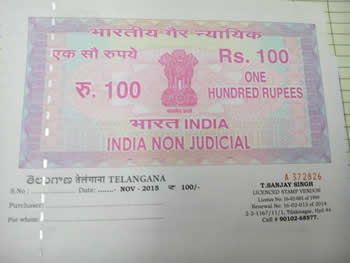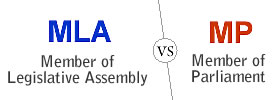Difference between Stamp Duty and Franking
Key Difference: Stamp Duty is a type of tax that is levied on documents, usually legal documents regarding sale of immovable property. Franking, on the other hand, is the process of actually getting the documents stamped to indicate that the stamp duty has been paid.
 Stamp Duty and Franking are two terms that one often comes across when dealing with documents and payable instruments. Though the two terms are often clubbed together, they have different meanings. The terms refer to legal procedures and it can be quite confusing to understand what each one entails. The primary difference is that while stamp duty is an object, a type of tax to be exact, franking is a process.
Stamp Duty and Franking are two terms that one often comes across when dealing with documents and payable instruments. Though the two terms are often clubbed together, they have different meanings. The terms refer to legal procedures and it can be quite confusing to understand what each one entails. The primary difference is that while stamp duty is an object, a type of tax to be exact, franking is a process.
Stamp Duty is a type of tax that is levied on documents, usually legal documents regarding sale of immovable property. The amount payable may be fixed or it may be a percentage of the property value. Stamp duty is required by the government and the person can be fined if they fail to pay the stamp duty or are delayed in paying it.
Some of the documents that stamp duty must be paid for are in regard to buying or selling a house, setting up a business agreement and registering insurance policies among others. An added benefit of paying stamp duty is that it converts the documents into proper and legal instruments or documents, which means that the documents can now be submitted in court. If the documents are not stamped, then they are usually not considered legal and hence cannot be submitted in court.
 Franking, on the other hand, is the process of actually getting the documents stamped. This refers to any types of marks or stamps that are affixed to a paper to indicate that the postage has been paid or does not need to be paid. Over time, the process was utilized for legal documents, in which the term refers to any stamps or marks on legal documents that indicate that any fees or taxes applicable on those documents have been paid.
Franking, on the other hand, is the process of actually getting the documents stamped. This refers to any types of marks or stamps that are affixed to a paper to indicate that the postage has been paid or does not need to be paid. Over time, the process was utilized for legal documents, in which the term refers to any stamps or marks on legal documents that indicate that any fees or taxes applicable on those documents have been paid.
In terms of stamp duty, franking refers to the process of getting the documents marked or stamped which indicates that the documents are legal as the stamp duty levied on the documents has been paid. One has to first prepare the documents. These documents then need to be taken to a bank, or franking center. Once the stamp duty is paid, the center will mark the documents to indicate that the stamp duty has been paid. This process is called franking. One has to sign the documents after franking them.
Alternately, one can also buy printed stamp papers. These are documents that have already undergone the process of franking. The payable stamp duty is included in the cost of the papers. Hence, these documents are ready to be just signed and registered. They make the process quite easy, but can only be used in certain situations.
Comparison between Stamp Duty and Franking:
|
|
Stamp Duty |
Franking |
|
Definition (Oxford Dictionaries) |
A duty levied on the legal recognition of certain documents. |
An official mark or signature on a letter or parcel to indicate that postage has been paid or does not need to be paid |
|
Type of |
Tax |
Process |
|
Applied on |
Documents |
Documents |
|
Indicates |
Documents are official and legal. |
That that any charges or taxes, such as the stamp duty on those documents had been paid. |
Reference: Oxford Dictionaries (Stamp Duty and Franking), Wikipedia (Stamp Duty and Franking), Bank Bazaar, Be Money Aware (Stamp Duty and Franking) Image Courtesy: accountshouse.co.uk, indiamart.com









Comments
MickeyJew
Sun, 12/25/2016 - 19:21
Add new comment